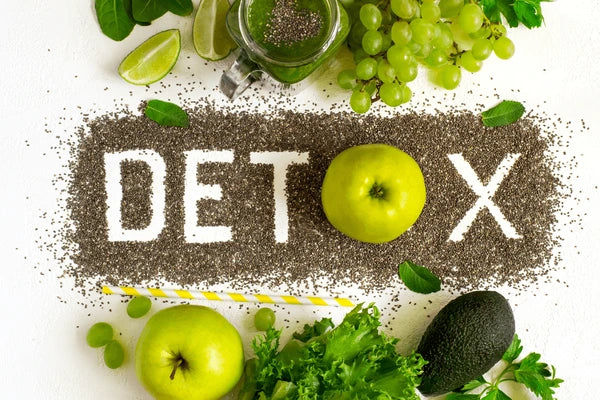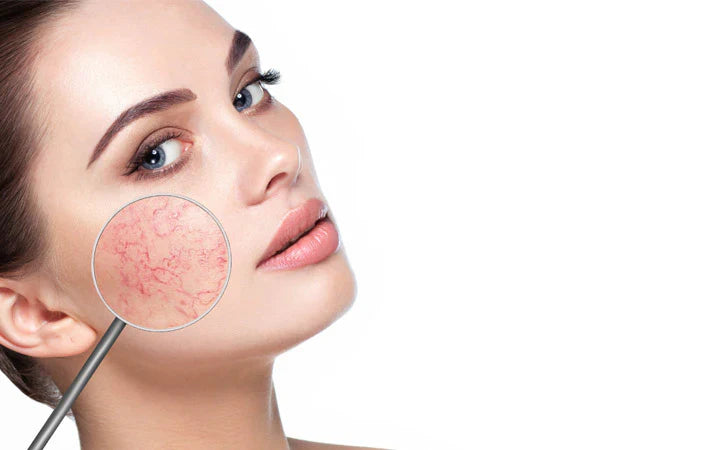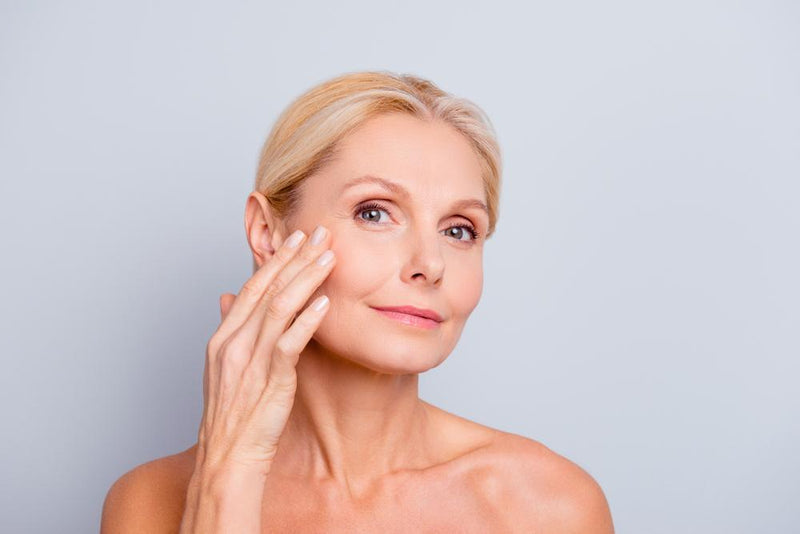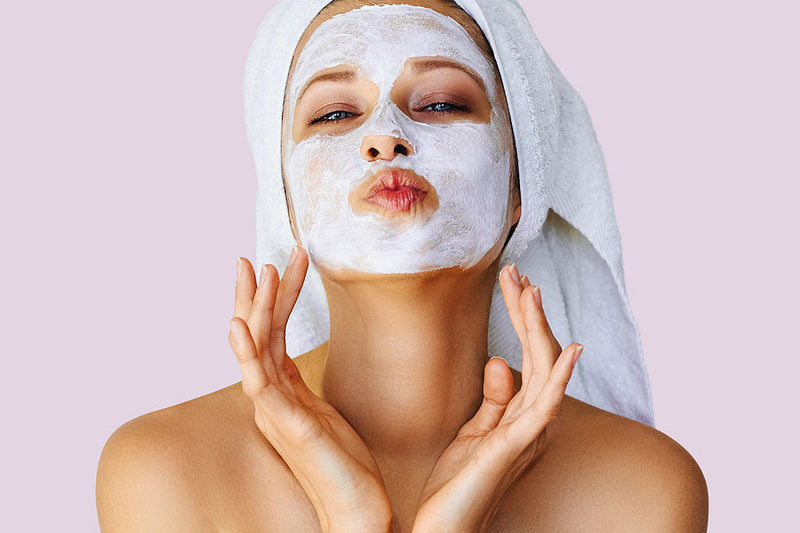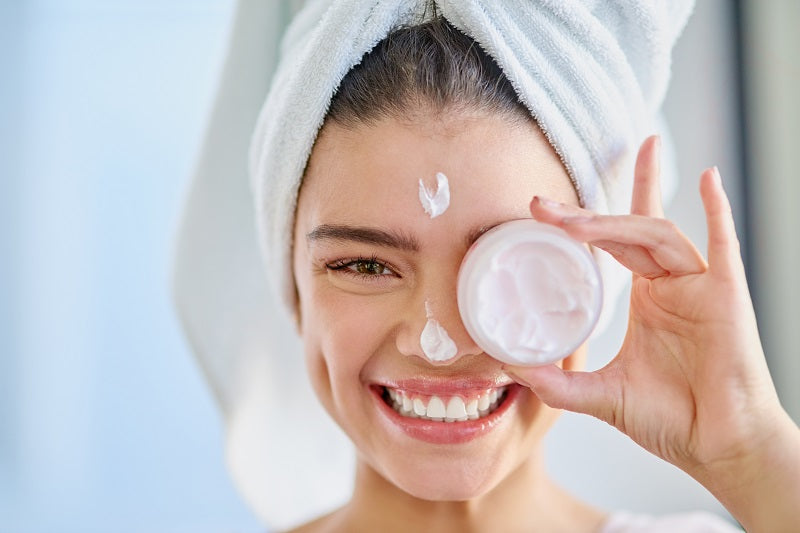

Minimalist Skincare Routines: Why Less Is Often More for Sensitive Skin
In an era where 10-step skincare routines dominate social media and beauty aisles overflow with specialized products, a quiet revolution is taking place. For the millions of people with sensitive skin, the path to healthier, calmer skin isn't found in adding more products—it's found in strategic subtraction. Minimalist skincare represents a return to fundamentals, focusing on essential products that support the skin's natural barrier rather than overwhelming it with unnecessary ingredients and complex regimens.
Sensitive skin isn't just about occasional redness or mild irritation—it's often a sign of a compromised skin barrier, the delicate protective layer that shields us from environmental aggressors, retains moisture, and maintains overall skin health. When this barrier is damaged or overwhelmed, the skin becomes reactive, inflamed, and vulnerable to further damage. The irony is that many of the very products designed to "fix" sensitive skin may actually be contributing to the problem through ingredient overload, harsh actives, and excessive layering.
Understanding Sensitive Skin: More Than Just Reactivity
Sensitive skin encompasses a spectrum of conditions and responses, but they all share a common thread: a compromised or hyper-reactive skin barrier. This can manifest as:
- Genetic predisposition: Conditions like rosacea, eczema, and atopic dermatitis have genetic components that make the skin inherently more sensitive
- Environmental damage: Pollution, UV exposure, and harsh weather conditions can weaken the skin barrier over time
- Product-induced sensitivity: Overuse of exfoliants, retinoids, or harsh cleansers can strip the skin's natural protective oils
- Hormonal fluctuations: Changes in hormone levels can affect skin sensitivity and barrier function
- Age-related changes: As we age, our skin naturally becomes thinner and more susceptible to irritation
Regardless of the underlying cause, the solution often lies in simplification. A minimalist approach reduces the number of potential irritants while giving the skin barrier time and space to heal and strengthen.
Research shows that the average person applies 126 different ingredients to their skin daily. For sensitive skin, each additional ingredient represents another potential trigger for irritation and inflammation.
The Science Behind Minimalist Skincare
The effectiveness of minimalist skincare for sensitive skin is grounded in solid dermatological science. The skin barrier, composed primarily of ceramides, cholesterol, and fatty acids, functions optimally when not overwhelmed by excessive products or harsh ingredients.
When we use too many products, especially those containing potential irritants like fragrances, essential oils, alcohol, or strong actives, we create what dermatologists call "ingredient overload." This can lead to:
- Disrupted pH balance: The skin's natural acidic pH (around 5.5) is essential for barrier function and microbial balance
- Stripped natural oils: Over-cleansing removes sebum that's essential for barrier integrity
- Increased transepidermal water loss (TEWL): A compromised barrier allows moisture to escape, leading to dryness and further sensitivity
- Microbial imbalance: Harsh products can disrupt the skin microbiome, leading to inflammation and reactivity
- Cumulative irritation: Even mild ingredients can become problematic when used in combination with multiple other products
By contrast, a minimalist routine focuses on supporting the skin's natural functions rather than fighting against them. Fewer products mean fewer potential irritants, less disruption to the skin's natural balance, and better opportunity for barrier repair.
The Essential Minimalist Routine: Three Steps Maximum
For sensitive skin, an effective minimalist routine typically consists of just three essential steps:
Step 1: Gentle Cleansing
Choose a fragrance-free, sulfate-free cleanser with a pH between 5.0-6.0. Look for ingredients like ceramides, glycerin, or hyaluronic acid that cleanse without stripping. Avoid foaming cleansers, which tend to be more drying, and opt for cream or gel formulas instead.
Step 2: Hydration and Barrier Support
A simple moisturizer containing barrier-repairing ingredients like ceramides, cholesterol, fatty acids, niacinamide, or panthenol provides the foundation for healthy skin. Avoid products with fragrance, essential oils, or unnecessary botanical extracts that could trigger sensitivity.
Step 3: Sun Protection
Mineral (physical) sunscreens containing zinc oxide or titanium dioxide are generally better tolerated by sensitive skin than chemical filters. Look for fragrance-free, minimal-ingredient formulas that provide broad-spectrum protection without irritation.
This three-step routine provides everything sensitive skin truly needs: gentle cleansing to remove impurities without disruption, hydration to support barrier function, and sun protection to prevent further damage.
Ingredients to Embrace and Avoid
When building a minimalist routine for sensitive skin, ingredient selection is crucial.
Safe Ingredients to Look For:
- Ceramides: Essential lipids that make up 50% of the skin barrier
- Niacinamide: Anti-inflammatory vitamin B3 that strengthens the barrier and reduces redness
- Hyaluronic Acid: Gentle humectant that attracts moisture without irritation
- Panthenol (Provitamin B5): Soothing ingredient that supports healing and hydration
- Glycerin: Simple, effective humectant that's well-tolerated by most skin types
- Squalane: Lightweight oil that mimics the skin's natural sebum
- Zinc Oxide: Gentle, anti-inflammatory mineral sunscreen ingredient
Ingredients to Avoid:
- Fragrance/Parfum: The #1 cause of allergic contact dermatitis
- Essential Oils: Despite being "natural," they're common irritants
- Alcohol (Denatured): Drying and barrier-disrupting
- Sulfates: Harsh surfactants that strip natural oils
- Strong Exfoliants: AHAs, BHAs, and retinoids can be too aggressive for compromised barriers
- Chemical Sunscreen Filters: Oxybenzone, avobenzone, and octinoxate can cause sensitivity
- Botanical Extracts: Often unnecessary and potentially irritating
The Benefits of Product Minimalism
Beyond reducing irritation, a minimalist skincare approach offers numerous benefits:
- Cost-Effective: Fewer products mean lower overall skincare expenses
- Time-Saving: Simplified routines take less time to apply and maintain
- Reduced Environmental Impact: Less packaging waste and fewer resources used
- Better Product Efficacy: With fewer competing ingredients, each product can work more effectively
- Easier Troubleshooting: When issues arise, it's easier to identify the problematic product
- Improved Skin Resilience: A stronger barrier leads to less reactivity over time
- Mental Clarity: Less decision fatigue and skincare anxiety
Studies have shown that patients with sensitive skin who adopt minimalist routines report a 60% reduction in irritation symptoms within 4-6 weeks, with continued improvement over time as the skin barrier heals.
Transitioning to a Minimalist Routine
If you're currently using a complex skincare regimen, transitioning to minimalism requires patience and strategy:
- Start with a Clean Slate: Stop using all non-essential products for 2-4 weeks to allow your skin to reset
- Introduce One Product at a Time: Add back only the most essential products, waiting 1-2 weeks between each addition
- Keep a Skincare Journal: Track which products cause reactions and which support your skin
- Focus on Barrier Repair First: Prioritize gentle cleansing and moisturizing before considering any actives
- Be Patient: It can take 4-8 weeks for a compromised barrier to fully heal
- Consult a Dermatologist: If you have persistent sensitivity, professional guidance can be invaluable
When Minimalism Isn't Enough
While minimalist skincare works for most people with sensitive skin, there are situations where additional products may be necessary:
- Specific Medical Conditions: Conditions like severe acne, psoriasis, or fungal infections may require targeted treatments
- Prescription Medications: Some dermatological conditions require prescription-strength actives
- Advanced Anti-Aging Needs: Once the barrier is healthy, carefully introduced retinoids or antioxidants may be appropriate
- Seasonal Adjustments: You might need slightly different products in winter vs. summer
Even in these cases, the minimalist principle still applies: use the fewest products necessary to achieve your goals, and always prioritize barrier health.
The Psychology of Skincare Minimalism
Beyond the physical benefits, minimalist skincare offers psychological advantages. The constant pressure to try new products, follow complex routines, and achieve "perfect" skin can create significant stress and anxiety. This stress, ironically, can worsen skin conditions through the mind-skin connection.
By embracing minimalism, you free yourself from the endless cycle of product acquisition and routine complexity. This creates mental space, reduces decision fatigue, and allows you to focus on what truly matters: supporting your skin's natural health rather than chasing unrealistic beauty standards.
Building Your Personal Minimalist Routine
Remember that minimalism doesn't mean one-size-fits-all. Your ideal routine should be tailored to your specific needs:
- Oily Sensitive Skin: Gel cleanser, lightweight ceramide moisturizer, mineral sunscreen
- Dry Sensitive Skin: Cream cleanser, rich barrier-repair moisturizer, mineral sunscreen
- Combination Sensitive Skin: Gentle gel-cream cleanser, balanced moisturizer, mineral sunscreen
- Acne-Prone Sensitive Skin: Non-comedogenic gentle cleanser, oil-free moisturizer with niacinamide, mineral sunscreen
The key is to identify your skin's true needs and address them with the simplest, most effective solutions possible.
Embracing the Power of Less
Minimalist skincare for sensitive skin represents a profound shift in perspective—from viewing skincare as a battle to be won with an arsenal of products, to understanding it as a partnership with your skin's natural intelligence. By removing unnecessary products, harsh ingredients, and complex routines, you create the optimal conditions for your skin barrier to heal, strengthen, and thrive.
This approach recognizes that healthy skin isn't created through constant intervention, but through intelligent support of the body's innate healing capabilities. When we stop overwhelming our skin with excessive products and instead focus on the essentials, we often discover that our skin was capable of remarkable resilience all along.
In a beauty industry that constantly pushes more—more products, more steps, more ingredients—the choice to do less becomes a radical act of self-care and skin wisdom. Minimalist skincare isn't about deprivation; it's about discernment. It's about choosing quality over quantity, efficacy over complexity, and health over hype.
For those with sensitive skin, this minimalist philosophy offers more than just calmer skin—it offers freedom from the endless cycle of reactivity and product frustration. It provides a sustainable, science-backed path to the healthy, resilient skin that has always been your birthright.












